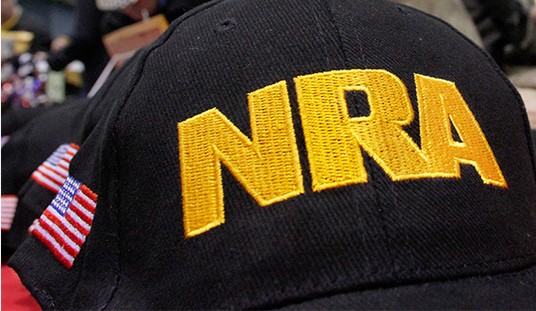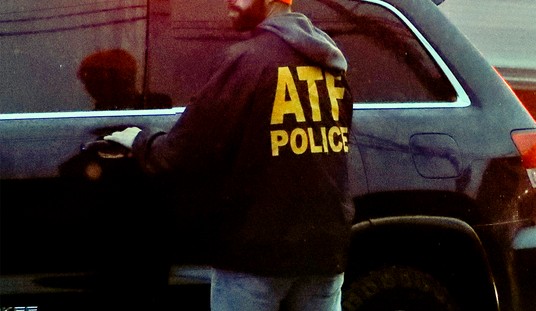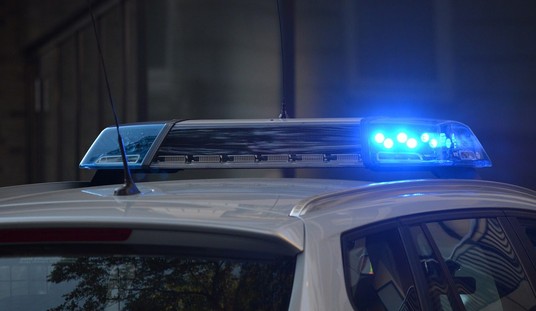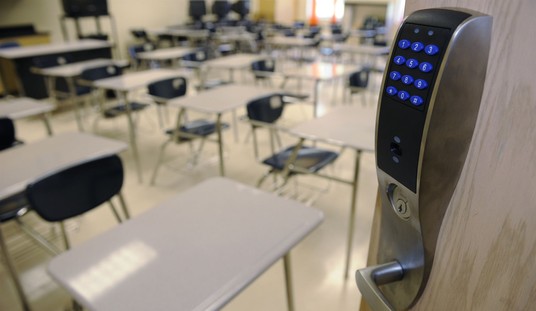According to statistics from New Jersey Administrative Office of the Courts, the state’s red flag firearms seizure law, which took effect last September, has been used nearly 200 times to take firearms from individuals via a court order. Scott Bach, the executive director of the Association of New Jersey Rifle & Pistol Clubs, tells NJ.com that the new law is stripping residents of their constitutional rights to due process and their right to keep and bear arms.
“Red flag is travesty for anyone who values Constitutional rights,” said Scott Bach, the executive director of the Association of New Jersey Rifle & Pistol Clubs. “It’s abuse of process. It is being used to harass gun owners.”
Bach said the rate at which people are having their guns seized under the law is about what the organization expected.
Petitions can be made based off online threats or erratic behavior by a person, among other reasons. State Assembly Majority Leader Lou Greenwald, D-Camden — a main sponsor of the law — told NJ Advance Media when the law went into effect that it was “really based around a mental health concern.”
“In a lot of cases, you’ll hear that a family member will say their child was struggling with depression or suicidal tendencies,” Greenwald said at the time. “They can now ask a judge to intercede and remove the gun until that individual can be tested and be determined to be safe to themselves and others.”
It would be good to know whether the suicide rate in the state has gone up or down since the law took effect. I would be shocked if it had gone down, especially given the fact that the biggest increases in suicides in the state have been among pre-teens and adolescent girls.
In 2017, there were 100 documented suicides among New Jersey’s 15- to 24-year-olds, the highest number and rate since the 1990s, according to federal data. The state has also seen an alarming rise in attempted overdoses among children between ages 9 and 12, according to a report by its Poison Control Center.
However, despite the climbing youth suicide numbers and increased demand for mental health services, treatment for depression and anxiety remains inaccessible and unaffordable for many families, NJ Advance Media’s investigation found.
Tens of thousands of students attend schools that don’t meet the recommended ratio for counselors or certified school nurses, and the state has a stunning shortage of child and adolescent psychiatrists.
Rather than addressing the real issue, lawmakers decided instead to “do something” and approve a red flag bill that strips people of their rights but does absolutely nothing to help those who are truly in crisis.
As for the implementation of the state’s Extreme Risk Protection Order law, according to the statistics, it should come as no surprise that judges are approving the vast majority of petitions.
So far, 186 temporary extreme risk protective orders have been granted as of Jan. 22, according to the New Jersey Administrative Office of the Courts, meaning more than one person a day has had their guns taken away — at least temporarily — in New Jersey since the law went into effect. In 25 cases, a petition was made but the temporary order was denied by a judge, according to court data.
After a temporary order is granted and the firearms are seized, the individual is entitled to a hearing within 10 days in front of the judge before a final order is issued.
If a final order is granted by a judge, it lasts indefinitely, but the person can also seek to have the order terminated at any time after the order goes into effect.
There have been a total of 88 final orders granted since the law went into effect, according to the Administrative Office of the Courts. Judges have denied 29 final orders, according to the courts.
The vast majority of requests have been approved, though it’s interesting to note that only about half of the temporary orders led to a final order being granted. To me, that suggests that the temporary orders are being rubber-stamped by judges, while the evidence that’s presented in many cases may not be enough to seek or receive a final order. Of course this system is ripe for abuse, and the evidence suggests it may already be happening to dozens of New Jersey residents.









Join the conversation as a VIP Member